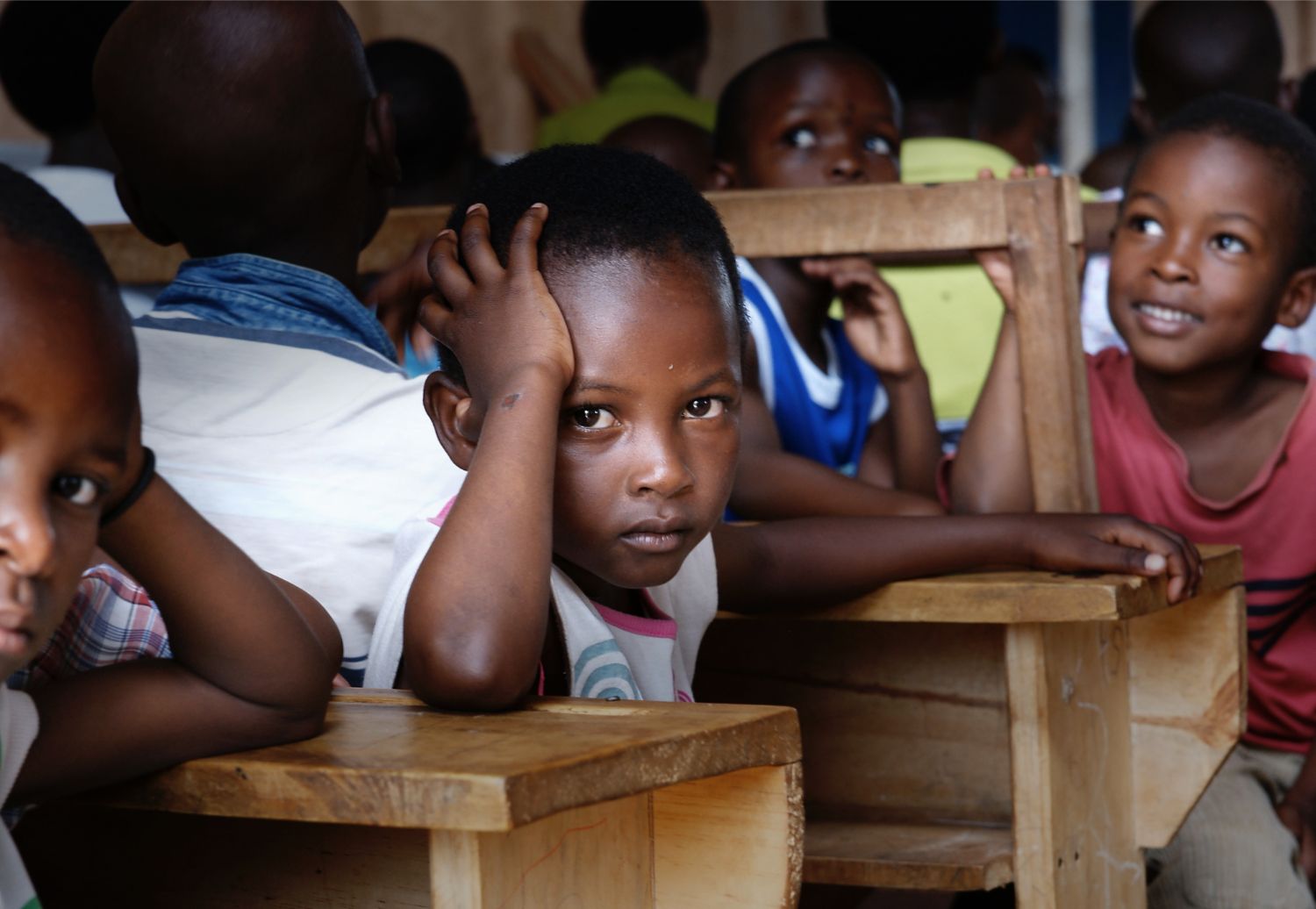Methods and Measurement Research
Blog: “The Nobel Prize in Economic Science Goes to Banerjee, Duflo, and Kremer”
Shortly after the announcement of the 2019 Nobel Prizewinners, Alex Tabarrok took to his blog to present a list of his favorite findings and methods by the winners, Abhijit Banerjee, Esther Duflo, and Michael Kremer.
Read MoreNews Article: “Worming our Way to the Truth”
A column by Tim Hartford summarizes and responds to the controversy of the “Worm Wars,” a dispute about the relevance and methodology of a 2004 study on deworming children.
Read MoreFull Article: “Nudging Farmers to Use Fertilizer: Theory and Experimental Evidence from Kenya”
In this experiment, Esther Duflo, Michael Kremer, and Jonathan Robinson investigate why it is that farmers in Kenya don’t use as much fertilizer as they could. They find that small inconveniences might be making a large difference.
Read MoreRequired Reading: “The Miracle of Microfinance? Evidence from a Randomized Evaluation”
This article from Banerjee, Duflo, Glennerster and Kinnan adds to the evidence of the sometimes underwhelming effects of microcredit as a way to get people out of poverty. It has been assigned as required reading in the Program Evaluation course, one of the spring CDE electives.
Read MoreFull Article: “Putting a Band-Aid on a Corpse: Incentives for Nurses in the Indian Public Health Care System”
In this randomized controlled trial, Banerjee, Duflo, and Glennerster attempted to improve attendance in the health care industry by introducing financial incentives. The results started out positive, but the system was eventually thwarted on the ground.
Read MoreFull Article: “Incentives Work: Getting Teachers to Come to School”
Esther Duflo, Hanna Rema and Ryan Stephen tried to incentivize teachers to go to class by making the children take a picture with the teacher at the beginning and the end of the day, and found that the intervention had made a difference.
Read MoreFull Article: “Worms at Work: Long-Run Impacts of a Child Health investment”
In this study, Michael Kremer and crew assess the impacts of childhood de-worming interventions in Kenya on how those same children perform in the labor market once they’ve grown up, and find some surprisingly persistent effects on their welfare.
Read MoreFull Article: “Worms: Identifying Impacts on Education and Health in the Presence of Treatment Externalities”
This paper on the effects of deworming treatments on children in Kenya, by Michael Kremer and Edward Miguel, was one of the pioneers in the use of randomized controlled trials at a scale of interest and with implications for cash-strapped governments.
Read MoreBlog: Three Problems with Randomized Controlled Trials
This blog post on Brookings from Jeffrey Hammer covers three big reasons not to think of randomized controlled trials as the next “magic bullet” for development.
Read MoreVoxDev Podcasts: Experiments in the Long Run
Audio Content: Methods and Measurement Randomized Controlled Trials in the Long Run Hosted by Tim Phillips VoxDev Talks: Interviews with practitioners First aired on November 20, 2019. Edward Miguel of Berkeley is a co-author (along with Sarah Baird and Joan Hamory Hicks) with one of the 2019 Nobel laureates, Michael Kremer, on one of the…
Read More






